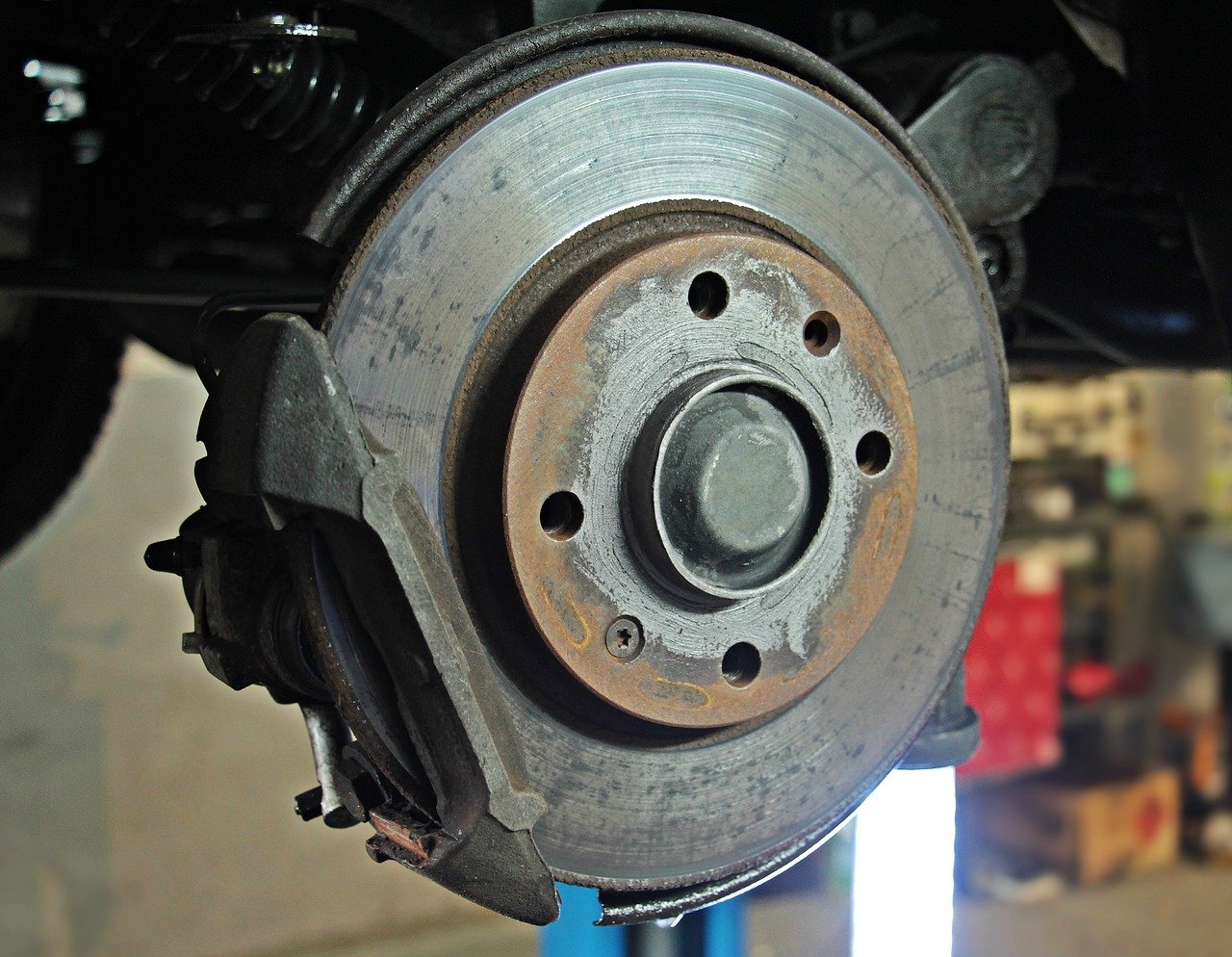Signs It’s Time to Replace Your Brake Pads
If you’ve been noticing an increase in the amount of time it takes for your brakes to stop your vehicle, or if there is a new noise coming from them when you brake, these are two signs that it’s time to replace your brake pads. Brake pads are meant to provide friction to grip onto the rotors and slow down the car. They also help prevent corrosion between the rotors and drums or discs. If your brake pads have gone through their life cycle, then it might be time to replace them!
A Grinding Noise When You Brake
When you press the brakes, a grinding noise is a clear sign that your brake pads need to be replaced. The noise will only get worse and more intense, so you need to take care of this issue as soon as possible before there are any issues with your rotors! If you’re hearing this sound over and over again, but your brake pads still look okay, it might be time to get your car serviced so that the mechanic can take a closer look. Replacing your brake pads before they wear entirely out is always the best decision to avoid more costly repairs down the road. Be safe and replace your brake pads when you start to see these signs.


When the Brake Pedal Feels Spongy
If the brake pedal feels spongy and soft when you step on it, this could be a sign that your brake fluid is low. When the pads wear down, they create more friction and heat. If there isn’t enough brake fluid to compensate for this, the pedal will feel softer. Continuing to drive with worn-out brake pads can damage other parts of your car. You should bring your car in to have a mechanic look at it if you’re experiencing this issue.
There Are Grooves in the Brake Pads
If there are grooves or indentations in the brake pads that you were not expecting, this means that your car needs to have its brakes replaced. Over time, as you continue to use your brakes and bring them into a mechanic for service every so often, the pad’s material will start to wear away more quickly. You can usually tell when to replace the pads by looking at them and seeing how deep the grooves are. When they get too deep, it can start to affect your braking power and even damage your rotors.
